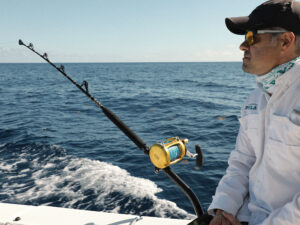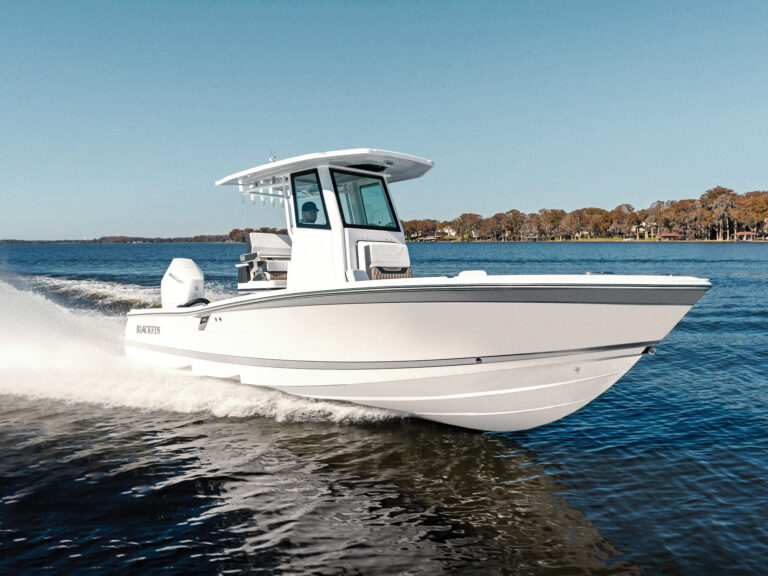When it comes to tackle care and maintenance, reels get the most attention and rightly so. Reels have more working parts and all must be functioning properly to maintain drag pressure and recover or pay out line during use.
Rods, on the other hand, don’t require as much care, but you don’t want a failure in the middle of an epic fight, either. With a few simple steps and seasonal inspection, rods provide years of service life.
For starters, after every trip gently spray each one down from the tip to the butt with fresh water. Let them sit for a few minutes to allow the salt to dissolve and then gently spray again. A soapy wash mitt or soft rag might be necessary if the rods were exposed to heavy salt spray.
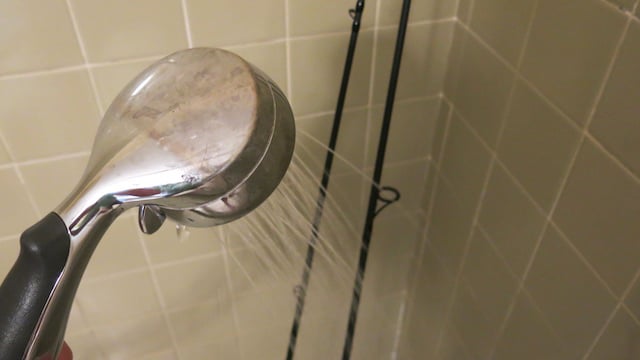
One way to do thorough wash down is to take rods into the shower and use warm water. After washing, let the rods air dry before storing.
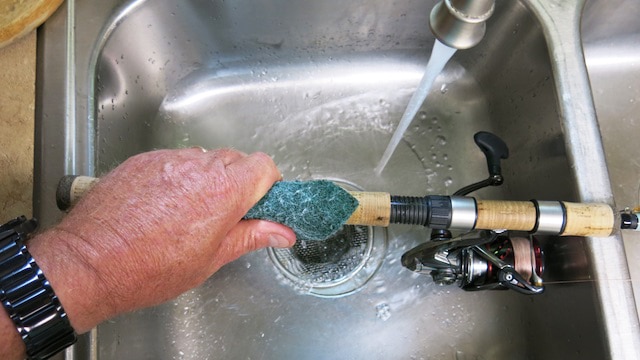
Cork and EVA foam butts sometimes need a little more scrubbing to remove oils, blood, dirt or fish slime. The wash mitt or rag will do double duty here or for real stubborn grime, use a soft plastic pot scrubber with a little dishwashing detergent. Rotate the scrubber around and length-wise along the butt, rinse with fresh water and it’ll look brand new.
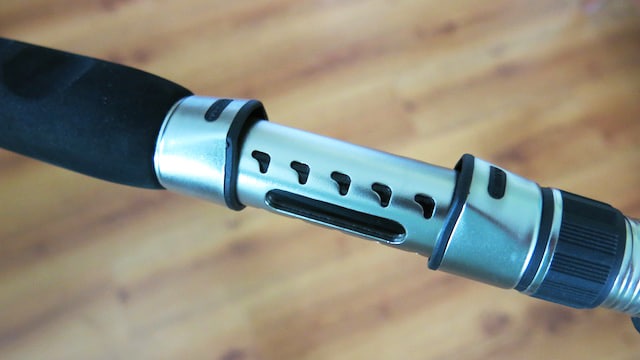
It’s also a good idea to remove the reel and scrub the reel seat, too. An toothbrush works well for this chore.
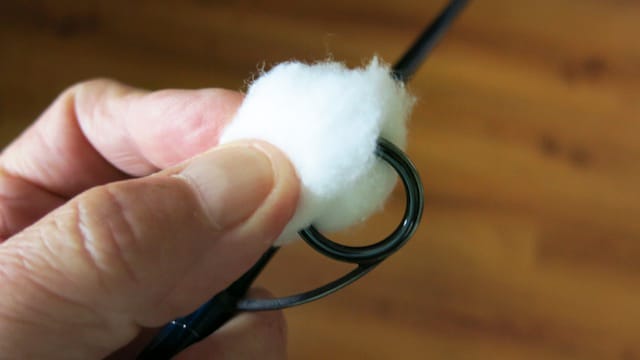
Before each season starts (or if line is breaking frequently), run a cotton ball, micro-fiber cloth or a piece of lady’s nylon stocking through each ceramic ring guide. A hairline crack or chip will catch on the material, letting you know that guide should be replaced. Also inspect the wraps around the guide feet for cracks in the epoxy finish, or corrosion. Most tackle shops have a rod repair expert who can replace broken guides at minimal cost. Shops also carry replacement tips and glue for do-it-yourselfers when you temporarily forget about that ceiling fan or break a tip on the boat.



